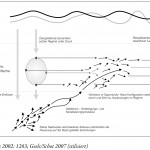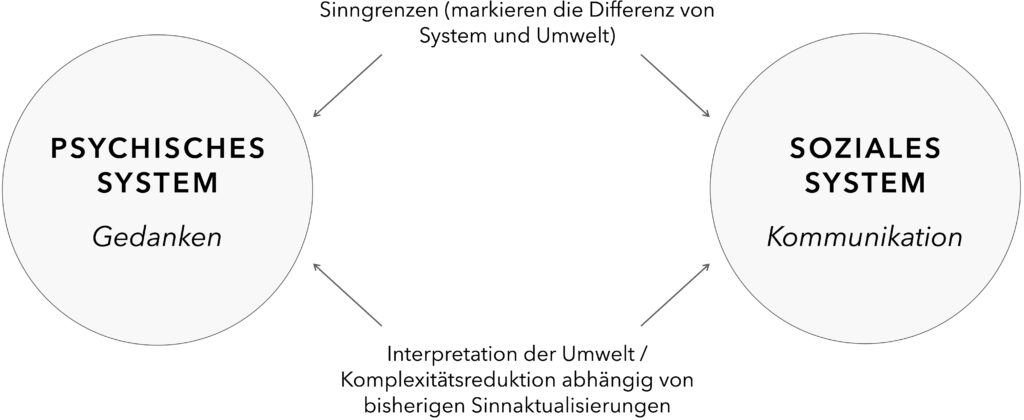Splitter: »Information Operations and Facebook«
Jan-Felix Schrape | 2. Mai 2017Ende April hat Facebook den Bericht »Information Operations and Facebook« veröffentlicht (Autoren: Jen Weedon, William Nuland, Alex Stamos). Darin diskutiert das Unternehmen zurückliegende ›Informationsfeldzüge‹ (etwa im US-Wahlkampf) und inwiefern neuartige Analysetechnologien diesbezüglich Abhilfe schaffen könn(t)en:
»Civic engagement today takes place in a rapidly evolving information ecosystem. More and more, traditional forums for discussion, the exchange of ideas, and debate are mirrored online on platforms like Facebook – leading to an increase in individual access and agency in political dialogue, the scale and speed of information consumption, as well as the diversity of influences on any given conversation. […] The overuse and misuse of the term ›fake news‹ can be problematic because, without common definitions, we cannot understand or fully address these issues. […] We’ve adopted the following terminology to refer to these concepts:
- Information (or Influence) Operations—Actions taken by governments or organized non-state actors to distort domestic or foreign political sentiment, most frequently to achieve a strategic and/or geopolitical outcome […].
- False News—News articles that purport to be factual, but which contain intentional misstatements of fact with the intention to arouse passions, attract viewership, or deceive.
- False Amplifiers—Coordinated activity by inauthentic accounts with the intent of manipulating political discussion […].
- Disinformation—Inaccurate or manipulated information/content that is spread intentionally […].
[…] Information operations can affect the entire information ecosystem, from individual consumers of information and political parties to governments, civil society organizations, and media companies. An effective response, therefore, requires a whole-of-society approach that features collaboration on matters of security, education, governance, and media literacy. […] This will require building technical capabilities and employing specific industry-standard approaches […].
[…] In the end, societies will only be able to resist external information operations if all citizens have the necessary media literacy to distinguish true news from misinformation and are able to take into account the motivations of those who would seek to publish false news, flood online forums with manipulated talking points, or selectively leak and spin stolen data […].«
Siehe dazu auch den Text »Mobile Medienkonvergenz – infrastrukturelle Macht – Daten- und Informationskompetenz«.














